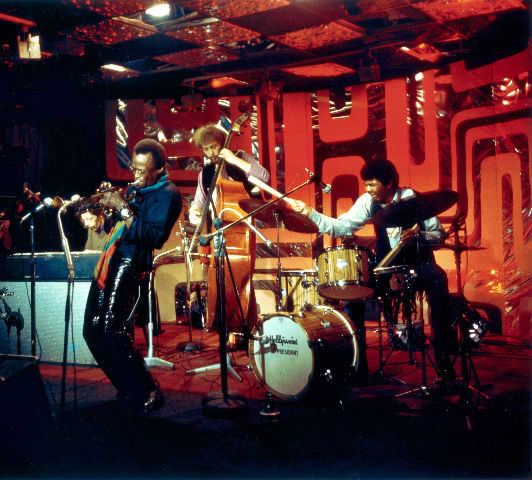In our
discussion this afternoon of a passage in Doris Lessing's "The Golden Notebook"
in which Anna and Molly eat strawberries and cream (with sugar on top) and
drink red wine, my students and I described the aesthetics of the passage in
terms of mimetic painting (the light made us think of Vermeer) and the aesthetics
in the passage in terms of modernist painting (the colors made us think of
Matisse). In terms of literature, the passage, as well as the whole novel, thus
finds itself aesthetically between Dickens and Joyce – or politically between
Socialist Realism and Abstract Expressionism, between the blocs in the Cold War
era when it was written. (Andrew Shields, #111words, 25 October 2021)
"With strawberries, wine,
obviously," said Anna greedily; and moved the spoon about among the fruit,
feeling its soft sliding resistance, and the slipperiness of the cream under a
gritty crust of sugar. Molly swiftly filled glasses with wine and set them on
the white sill. The sunlight crystallised beside each glass on the white paint
in quivering lozenges of crimson and yellow light, and the two women sat in the
sunlight, sighing with pleasure and stretching their legs in the thin warmth,
looking at the colours of the fruit in the bright bowls and at the red wine.
(33-34)







